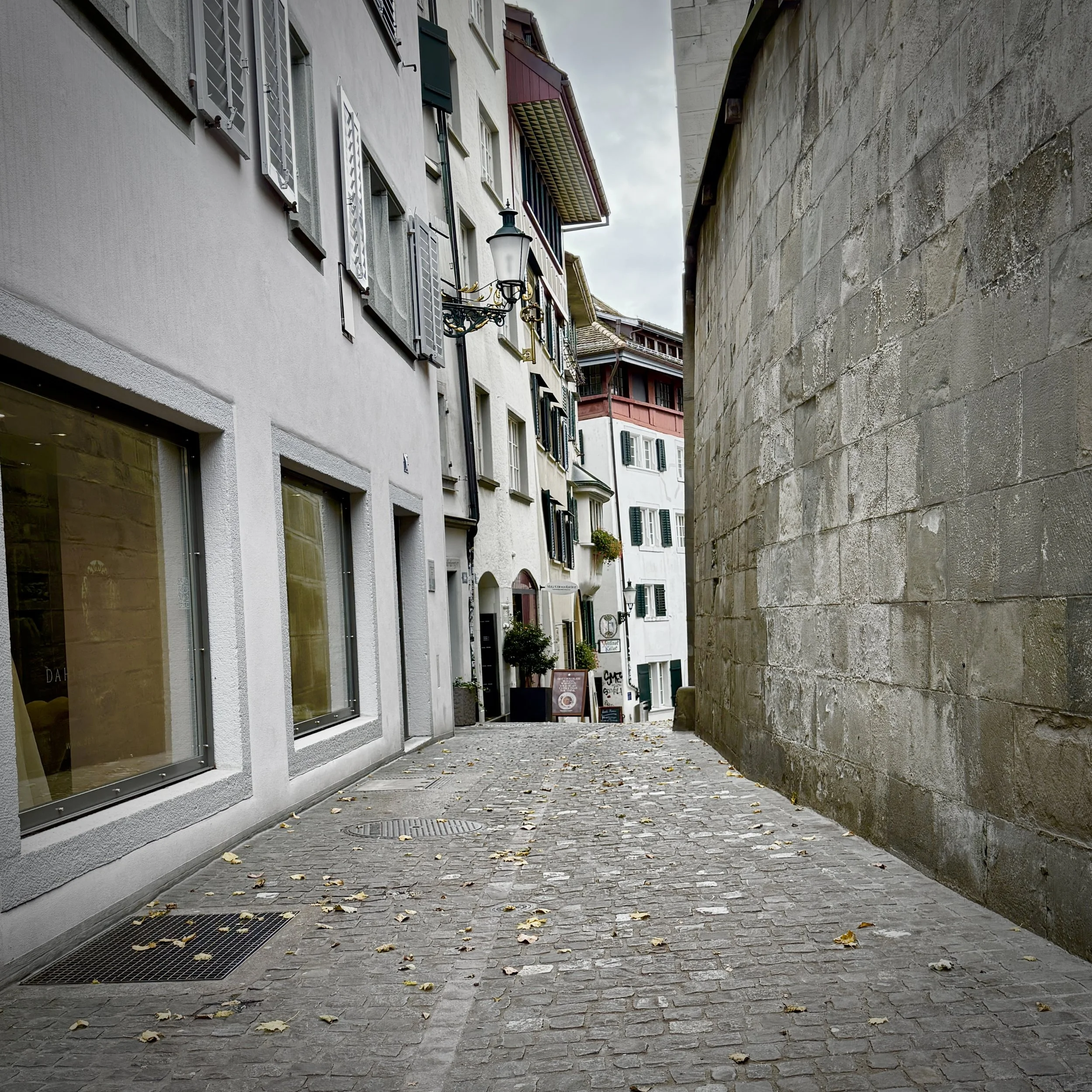
Finding Warmth in Zurich’s Chocolate Labyrinth
I went wandering through Zurich’s old town in search of vegan chocolate. What I found instead was a moment of warmth tucked into a tiny shop and offered freely.
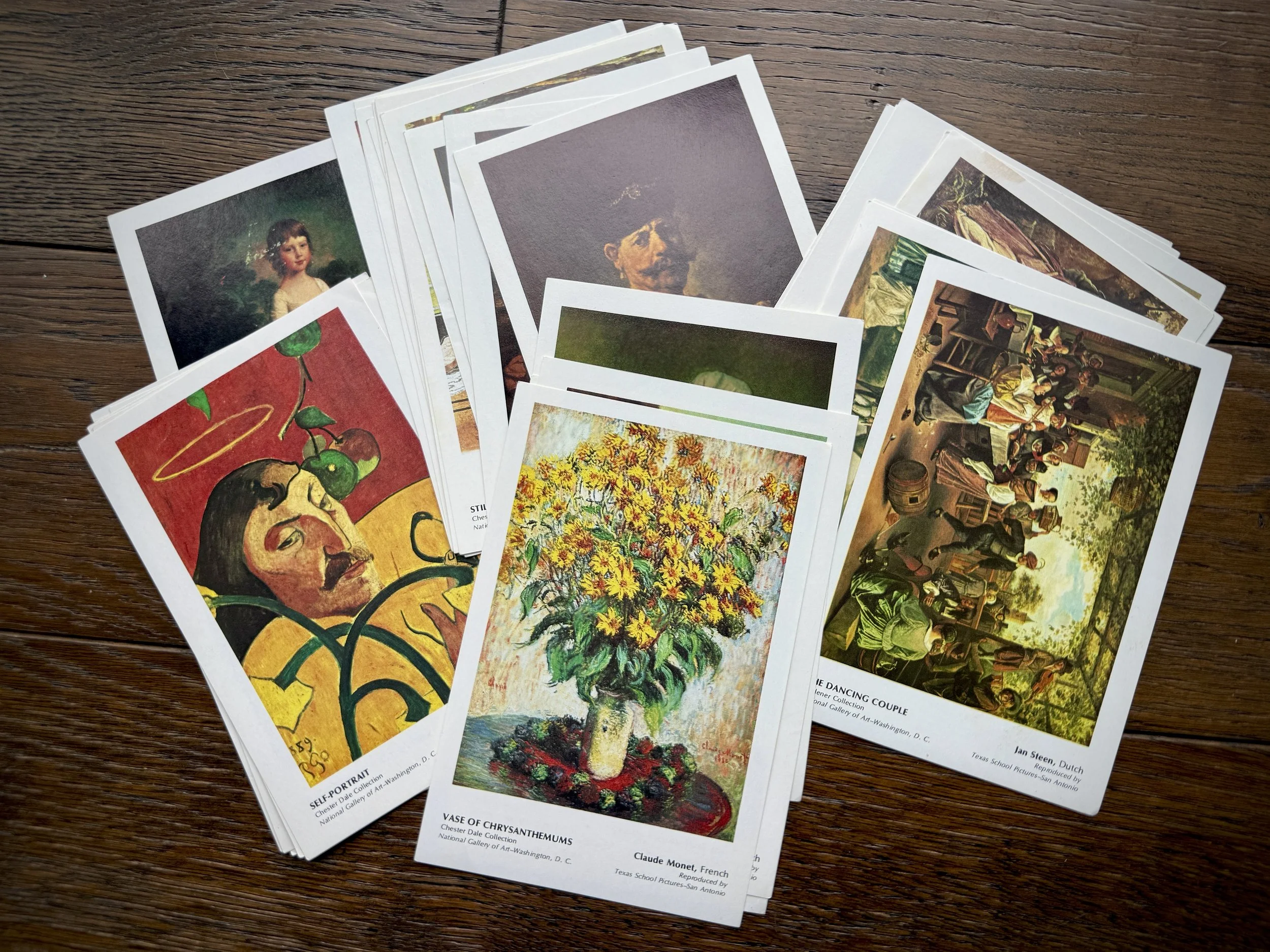
When Memory Becomes Light
Mrs. Bryan taught me to memorize paintings when I was ten. I didn’t know the map she was giving me that year would lead me, decades later, to the Rijksmuseum—and to a part of myself I had misplaced.
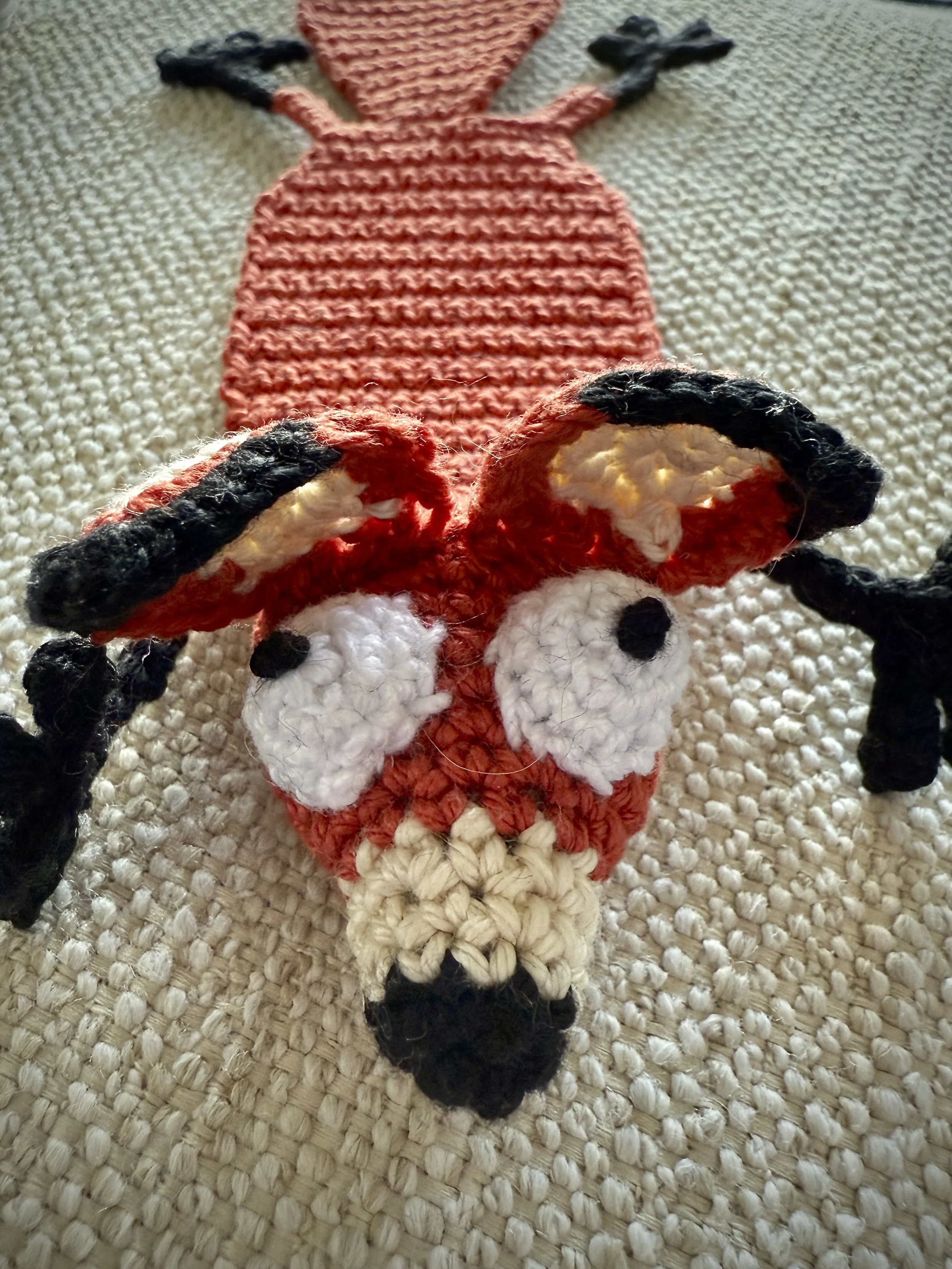
Don’t Judge a Fox by Its Socks
I judged a woman by her flaming fox sweatshirt. Then she and her mother danced circles around me—literally—and taught me a lesson I didn’t know I needed.
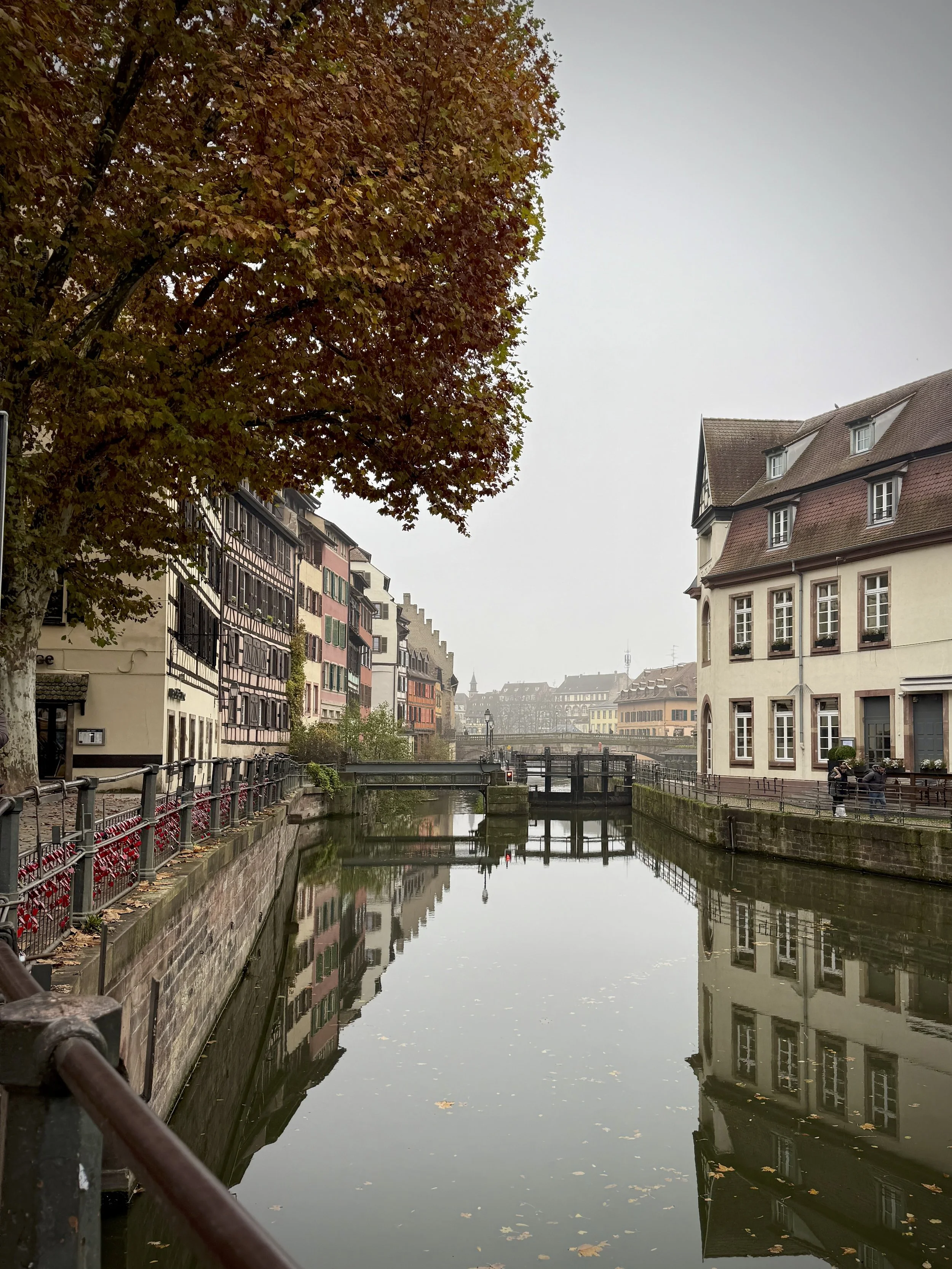
Getting Lost and Found in Strasbourg
I went to Strasbourg expecting a quiet morning alone—a city park, a little breathing room, a chance to recover from a hard year. Instead, I found two new friends, two unexpected strangers, and a small river of kindness that carried me farther than I realized I needed to go.
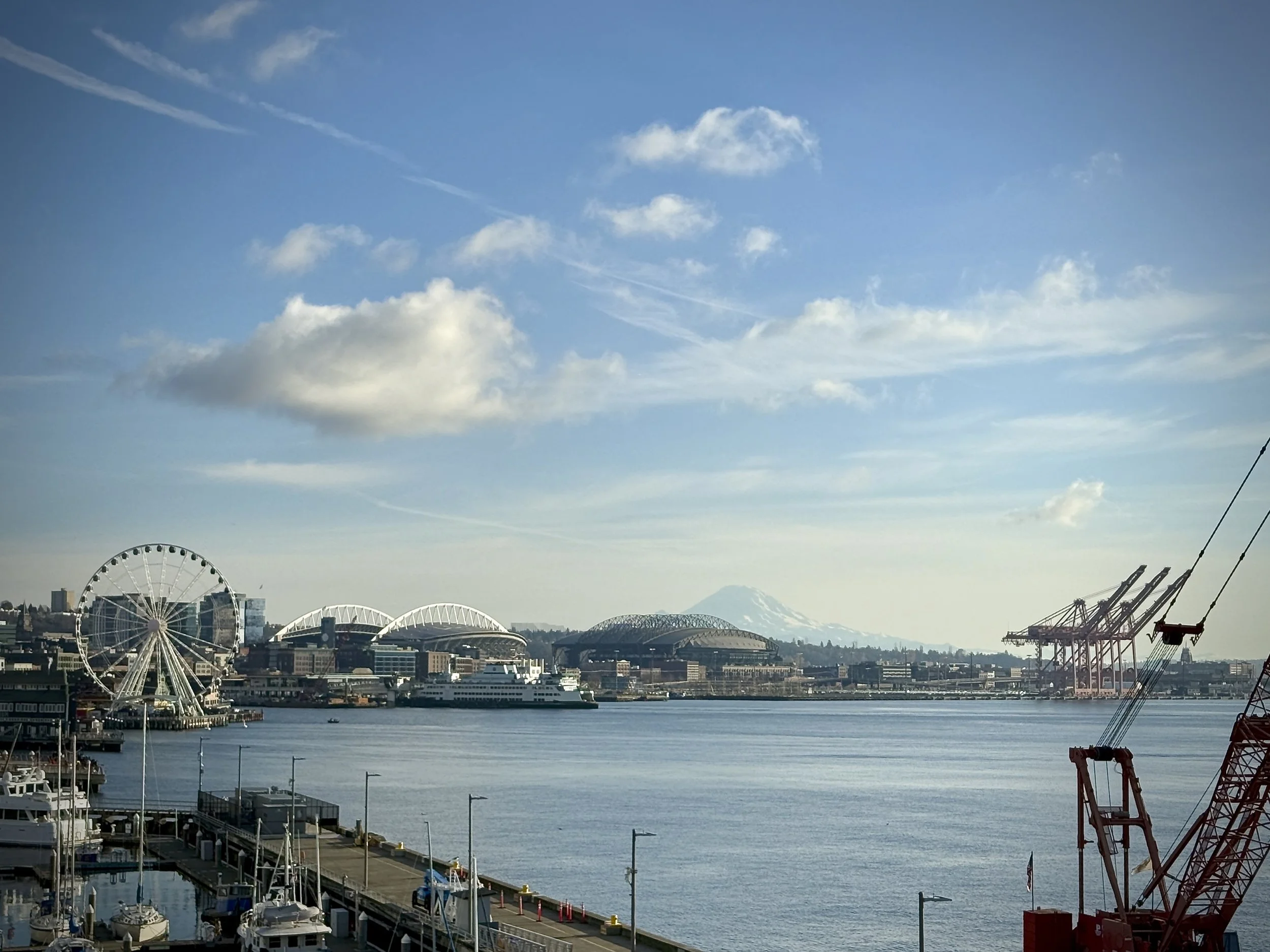
The Wild Beneath Our Feet
A Thanksgiving Kinship Walk along Seattle’s shoreline becomes a meditation on land, history, wildness, and the guides who help us hear the city’s heartbeat.
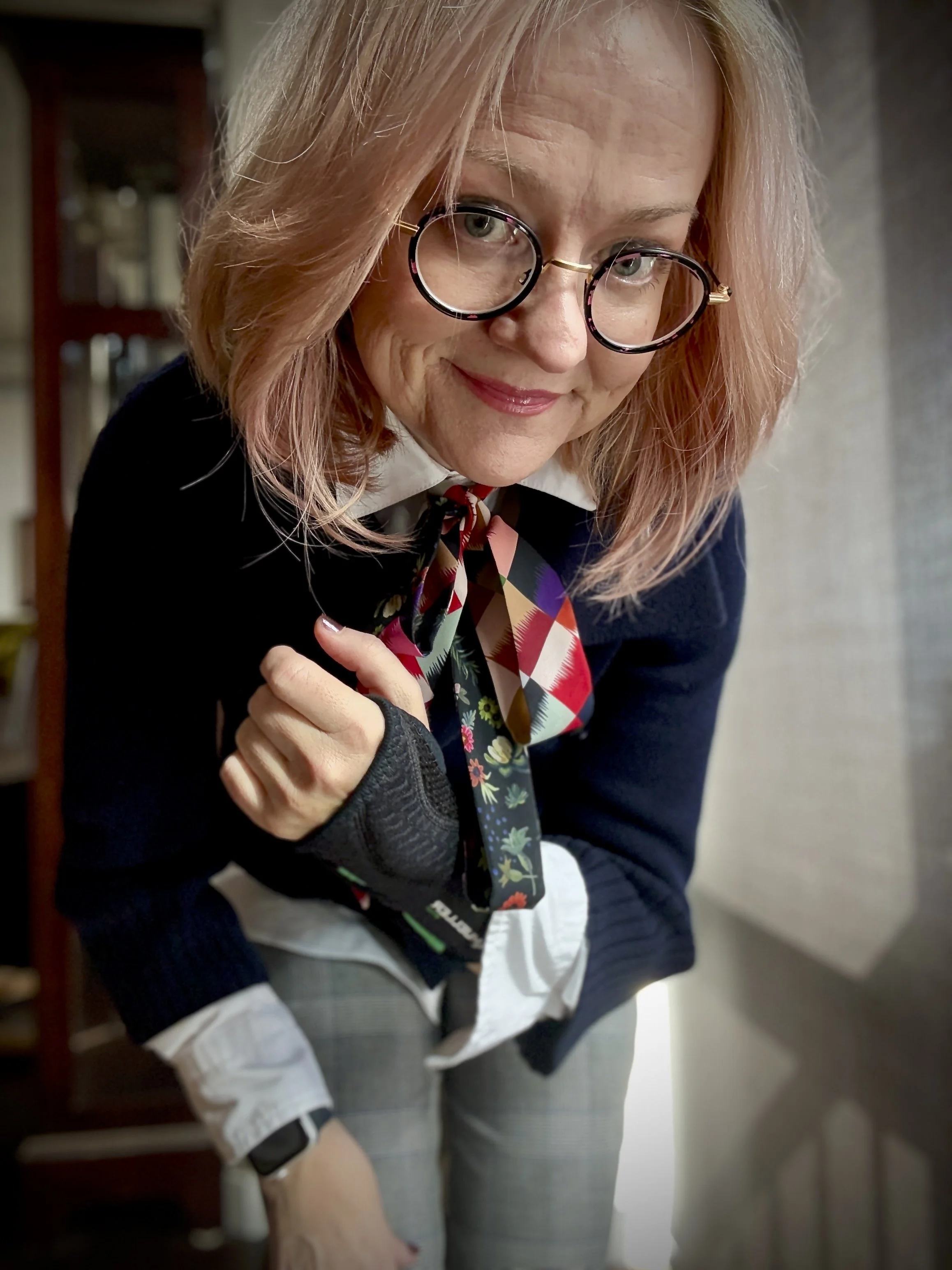
From Skater to Sprained Ego to Recovery Chic
I went roller skating to feel young again. It worked—if by young you mean willing to wager your aging skeleton against nostalgia.
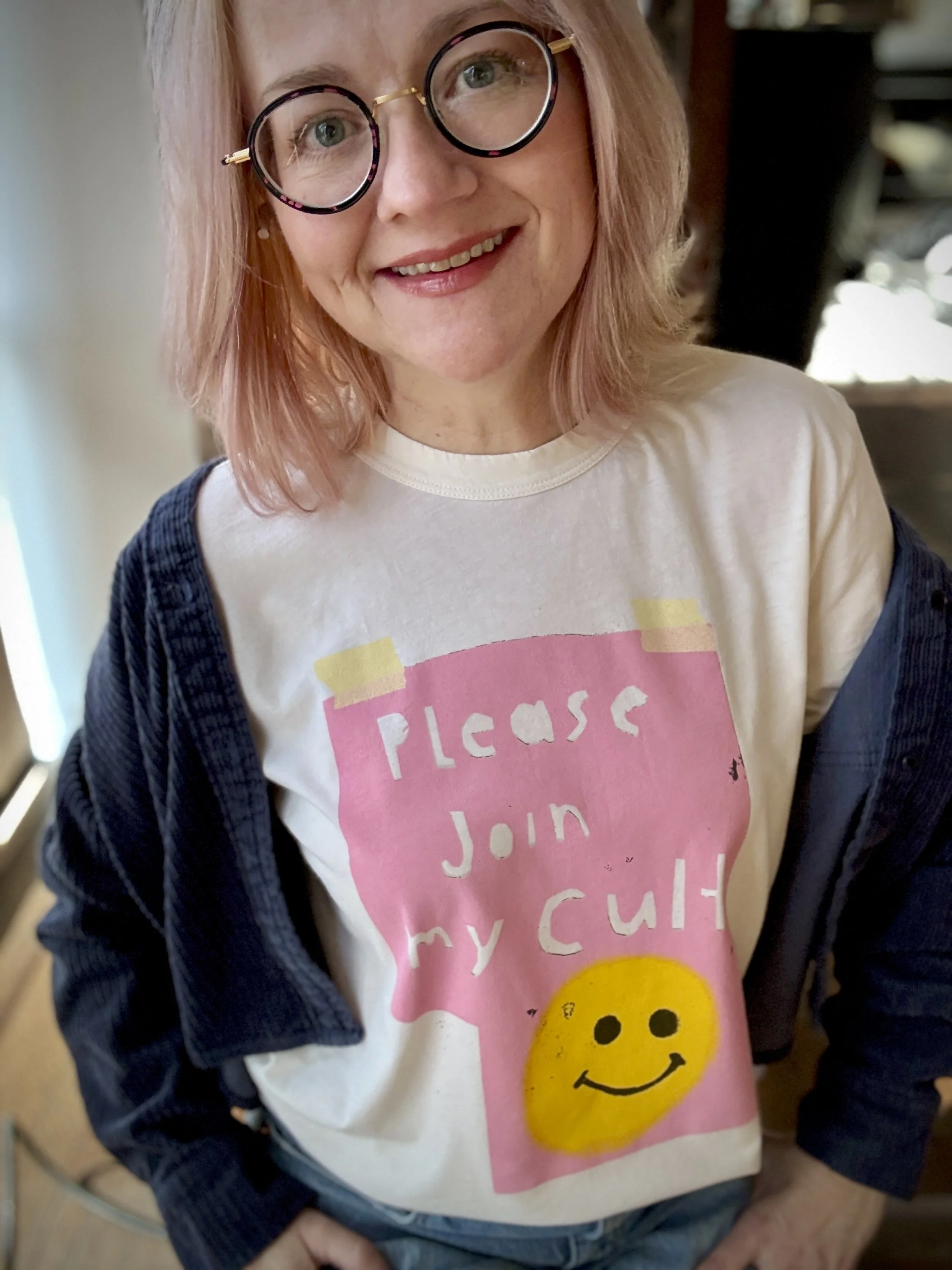
Please Join My Cult (It’s Mostly About T-Shirts and Snacks
I didn’t mean to join a cult. I just bought a t-shirt. Then I laughed, felt groovy, and remembered how good it feels to wear something handmade and a little off.
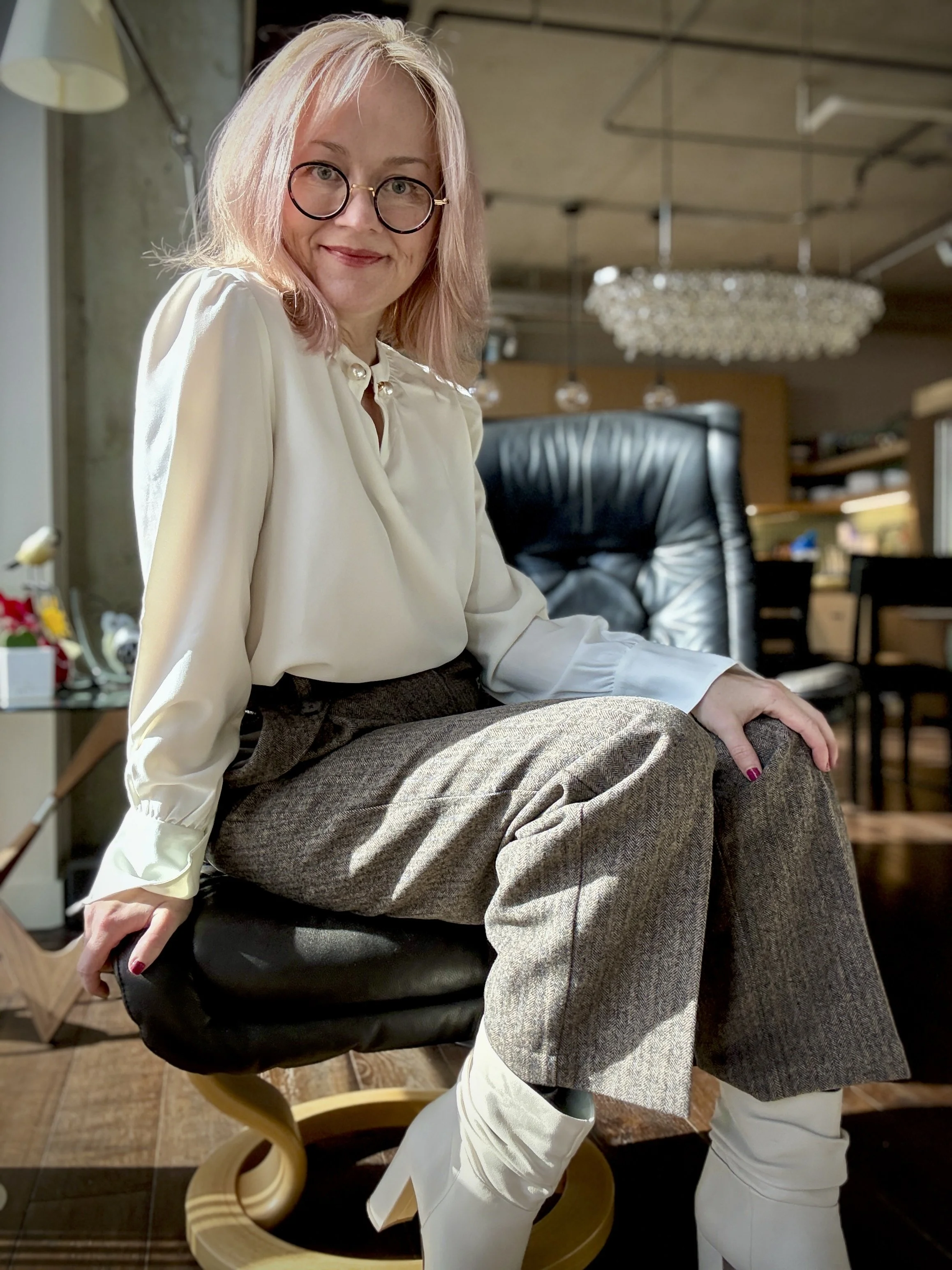
Threads of Recognition
I’ve been writing about fashion for almost a decade, but it’s only recently that I’ve understood what confidence looks like on me. It’s not in the bold prints I used to chase, but in the quiet assurance of clothes that whisper instead of shout.
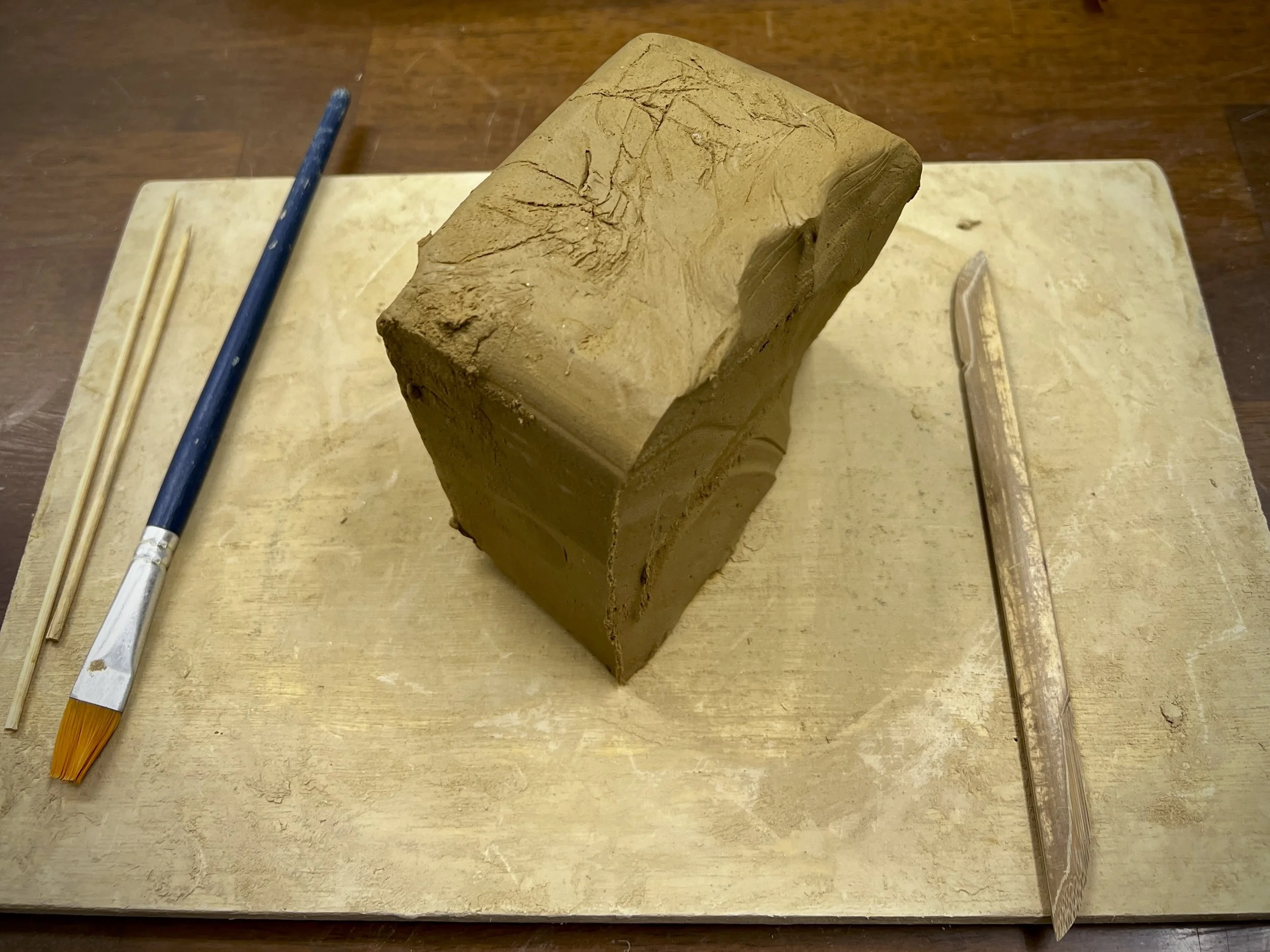
A Conversation in Clay
We thought we were just making roof tiles. What we found was stillness, kindness, and a lump of clay that became a guardian—and a memory.

Who Gets the Mashed Potatoes First
What does love look like when you scale it up to a country? It’s an easy word to say, but a harder one to define. And once you think you’ve got it, how does it ripple outward into a community and circle back to nourish the people within it?
I don’t have the full answer, but I have some stories.